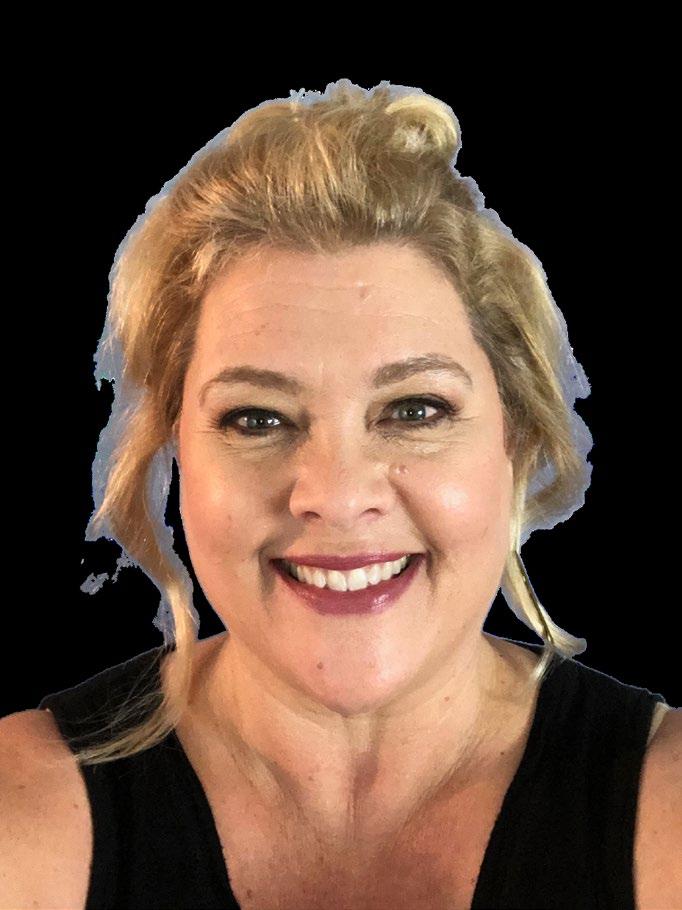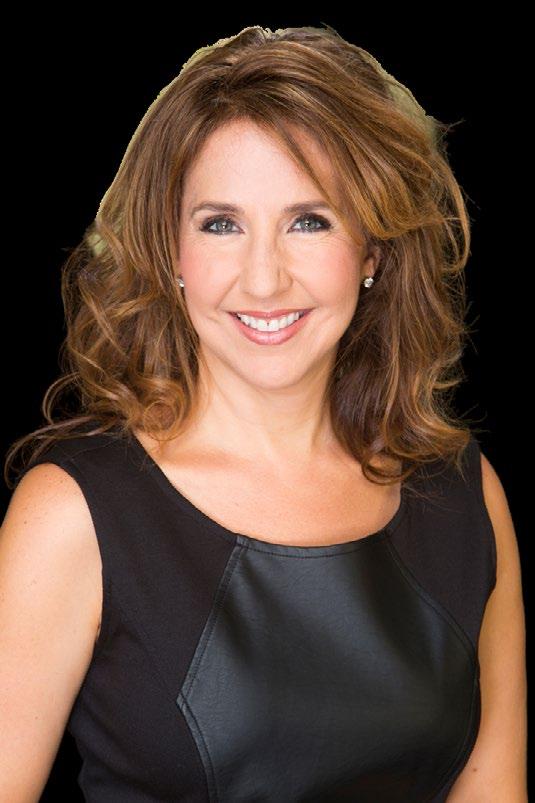
4 minute read
Book Developer VS Developmental Editor
Simply put, a book developers and developmental editors are both people who help authors plan and execute the writing of their books. They both can save you time, money, and oh so much aggravation.
Why is it a good idea to investigate working with a book developer and a developmental editor? Most authors find themselves in the position of knowing they have a book inside them, but they spin in their heads. Have you felt that? Like there’s just so much to say that you can’t even find a place to start? You are not alone. A developer helps you focus so that you can get those ideas out of your head and on to the page in a cohesive way that reaches your readers.
Advertisement
As for choosing whether to work with a book developer or a developmental editor, what it comes down to is this: do you want help with the big idea? Do you prefer a more hands-off approach? Then a book developer may be a better choice to help you form your idea into a book. One caveat: be aware that you will need editing after you are done in development.
However, if you want more guidance, more hands-on, a professional set of eyes reading your manuscript and giving direct feedback, then go with a developmental editor. This choice moves you from idea to finished product faster and more efficiently.
Once you have decided which way to go, you will want to interview potential developers to see if you’re a good match. Here are some tips:
1. Ask questions. First and foremost, you want someone on your side with whom you get along and will support you.
2. Get solid answers. A good developer is more than “pie in the sky.” You want to get honest answers to your questions. If the person just says what you want to hear, you might want to look around some more.
3. Make sure they give you a realistic timeline. While there is no hard and fast rule about how long it takes to write a book, a good developer should at least be able to give some guidelines.
4. They offer concrete help, not just big promises. The person you are interviewing may be a great salesman, but can they deliver?
5. It helps if the developer has a basic understanding of your topic, but it isn’t essential. Some of the best books I have worked on were on topics that I didn’t know, but the rapport I shared with the author made it possible to easily communicate when I had questions.
6. Look for a developer who works with highly qualified (and honest) publishers. Chances are that kind of long-term relationship shows a person of integrity and professionalism.
So that’s it in a nutshell. Of course, there’s more to it than that, and we’ll explore more in the next issue. Meanwhile, if you want more information, feel free to jump on my calendar for a no-pressure conversation: https://calendly.com/ livingmycreativity/chatwithkristy Ciao for now.
Kristy Boyd Johnson is an awardwinning children’s author, and has ghostwritten over 30 books for entrepreneurs over the years. She is a sought-after developmental editor and transformational book coach. She recently launched Starseed Journey Retreats because she can’t imagine anything better than being a beautiful location with beautiful people who want to reconnect with their deepest selves through writing.

ANCHOR STORY: The one personal story that makes you unique and usually ties specifically with why you became an expert in the field that you are in. This becomes part of your Deck of Cards (which I’ll share more of in a follow up article).
Your anchor story is an important part of your pitch to a producer, as it signals what makes you unique as an individual. It’s your personal hook that separates you from the pack, so to speak. Maybe you had a near death experience that set you on the path to becoming a healer and writing a book. An anchor story could also be about the allergies you had to overcome that led you to creating an environmentally friendly cosmetics product line. Or how you spiced up your sex life in your marriage AND found love after fifty, and now you want to help other couples do the same. One of the reasons an anchor story is so vital in helping you get booked is that it’s what makes you memorable to a producer. It’s the story that defines the why. The why you do what you do. The most frequently booked experts all have one.
During your actual on-air segment, your anchor story can serve any number of functions. It could impact the way the host introduces you, and the lead of your story, and/or the central topic you’re there to talk about. It could define the anatomy of the entire segment. It may also be something that won’t lead the segment but will emerge out of your storytelling.
As important as an anchor story is in the pitch to the producer, be aware that at times it might not be relevant to the topic at hand and may never be brought up at all. For example, if a producer is looking to book an attorney to speak on a case as a legal expert, she’ll need to know what makes the attorney stand out as an on-air personality, or what makes him or his expertise unique. Chances are his anchor story isn’t likely to be an important element of the eventual segment. In this example, the attorney is being interviewed as a legal expert brought in to speak about a celebrity trial, a new bill, or a new law going into effect. It’s pretty much set in stone that he’s not going to give the host anything personal. This doesn’t necessarily mean he’s going to be boring or dry. It just means that his responsibilities as a guest will most likely lean toward providing simple answers to the host’s questions.
Jacquie is the founder and CEO of the 15-year-old cuttingedge, media and content development, promotions and booking platform, TVGuestpert that offers full-service promotion, marketing, business strategy and media services for her clients, partners and collaborators, TVGuestpert Publishing - a NY Times Best Selling publishing house, and The Guestpert Academy - an online program offering visibility, media training and TVGuestpert OnCamera Training. She is also a two-time Emmy nominated TV Producer, three-time author and the host of Front & Center with Jacquie Jordan, a broadcast podcast.











